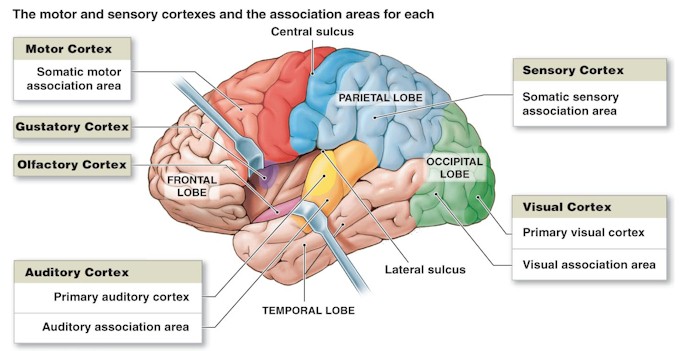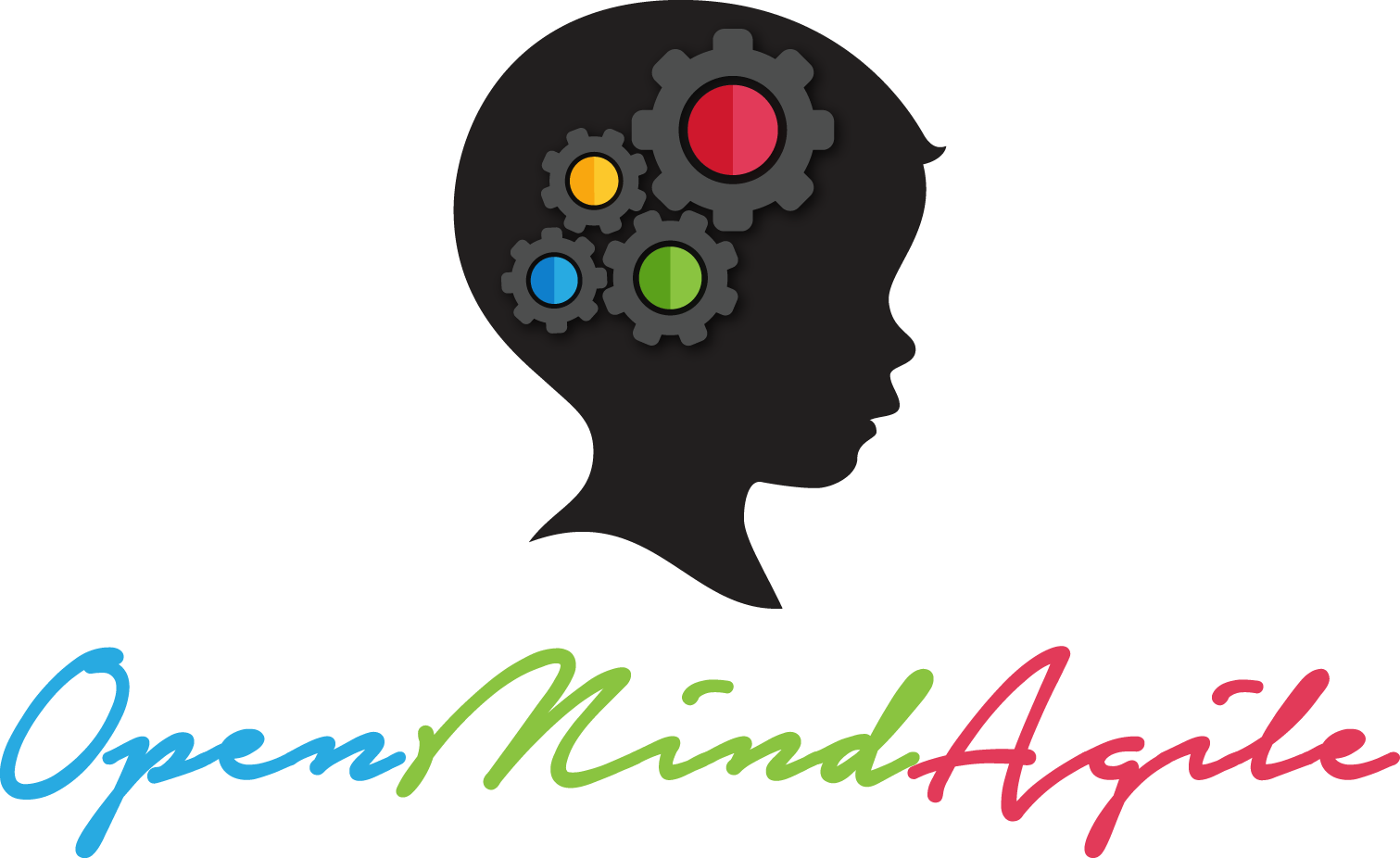Most of these kids are just as smart as everyone else, their brains are just wired differently and this affects how they receive and process information.
A Disorganized Brain
Some children retain primitive reflexes and do not complete development of the lower centers of the brain. In such cases, the cortex is not always “in charge”. Instead, there is a constant tug-of-war for control between the higher and lower centers of the brain. With such disorganization, the cortex must work much, much harder than it is intended to do. It must keep reflexive movement from dominating. It must find ways to compensate or take over for those brain functions that did not become automatic.
Signs of disorganized brain vary among children. Differences are related to the degree of underdevelopment and whether a child has discovered ways to compensate. The following behaviors are common among children with retained primitive reflexes and underdeveloped lower centers of the brain.

Modem, sophisticated technology proves that brain has the capacity for change and the ability to modify its function and structure.
Are you concern about your kids? Naturally your ANSWER is “YES!!”
Come to our OpenMindAgile program that offers fun activities and simple techniques specifically tailored to help re-organize a disorganized brain. Such activities and techniques are easily integrated into daily life.

Fill up the form and we will be in touch with you.

